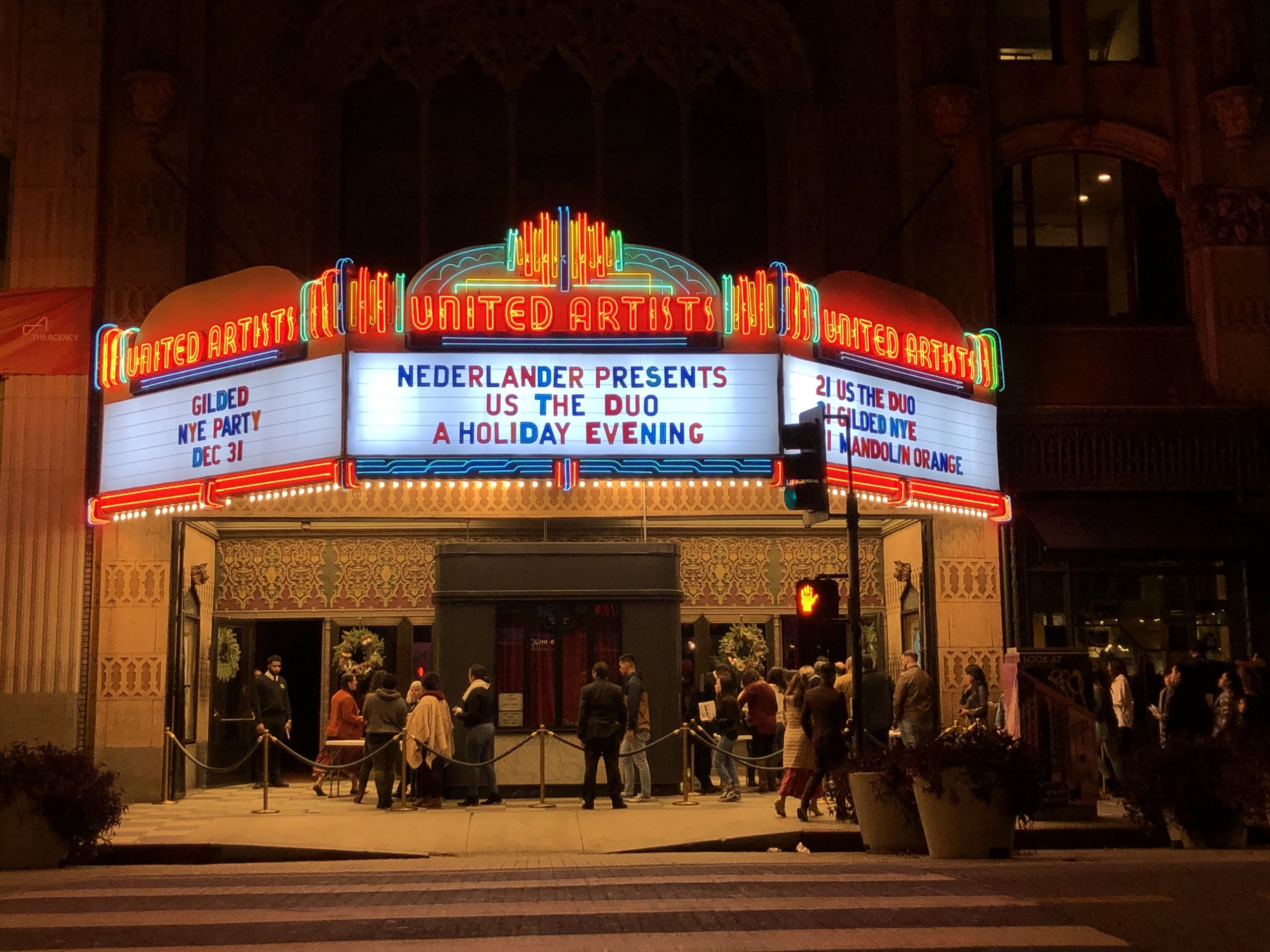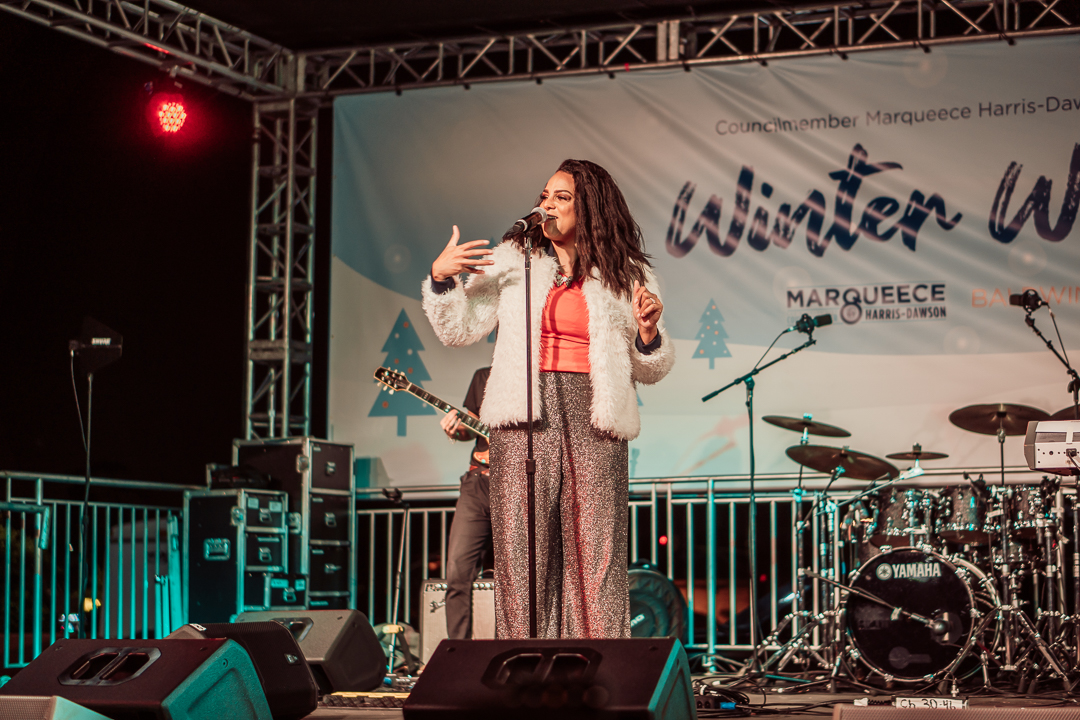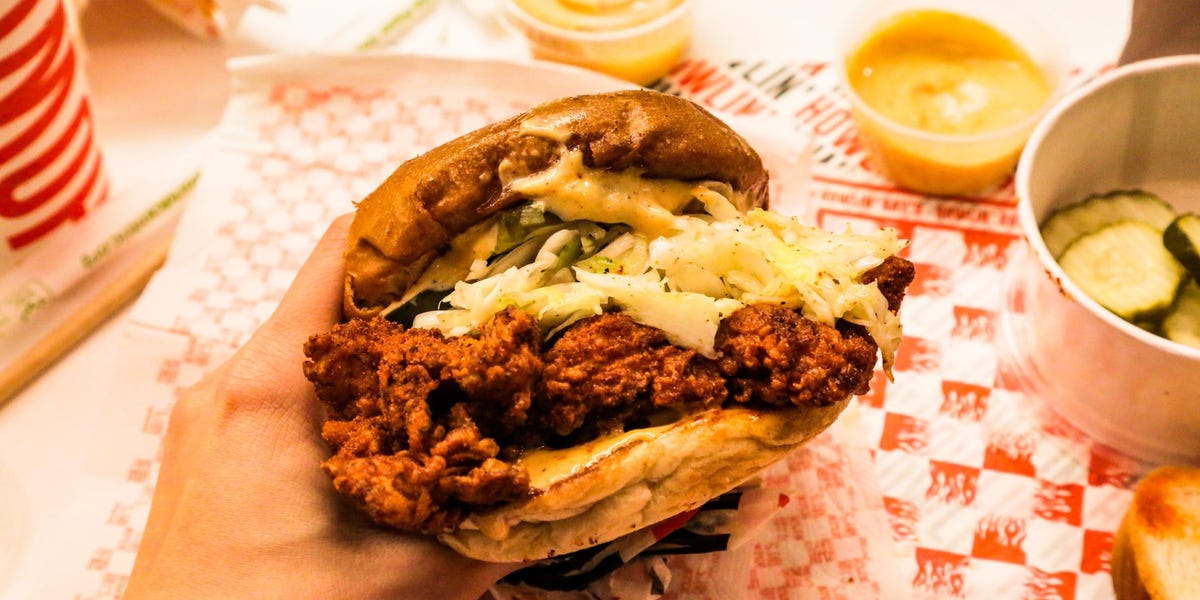
It’s very close to the holidays and the weather has been cooling down. Some may call this sweater weather in Southern California as the temperatures drop below 70 degrees, while others call it “cuffing season.”
According to Psychology Today, “cuffing season” is the time of the year – typically October to March – when the temperature drops and people are motivated to be in a relationship.
People get into a relationship for a number of reasons, but science has found this odd phenomenon tends to be true, due to a number of reasons:
- Family pressure
- Needing a warm body
- Loneliness
It seems that during this time of the year, this temporary relationship can harness the power to cuddle the cold away mentally and physically.
It can be draining coming to a family gathering and getting constantly asked, “Do you have a ___friend?” Followed by, “Why are you still single?”
This can be rooted by the societal expectation to be with somebody. In certain cultures, when your “biological clock is ticking” and you get to a certain age, you’re expected to already be married and have a family of your own.
On the other hand, the thought of going home to someone doesn’t seem like such a bad idea. Having the physical touch and warmth of another person can even be comforting. According to Berkeley experts, the science behind this can be incorporated with touch and how it signals safety; it builds trust while also soothing the person. In other words, science says humans need touch to satiate the desire for connection on the most basic level; but this sensation doesn’t come out of nowhere.
Media may have something to do with our ideas about love and romance. Ironically, this can be seen in the romantic movie “Isn’t It Romantic,” starring Rebel Wilson who tells her assistant, “Whitney, all those movies are lies, set to terrible pop songs.” This sparks her to go on a three-hour rant about unrealistic things in romantic comedies such as movie cliches with the unusual charm of clumsiness and happy endings when the couple gets together.
In an article about the influence of romantic comedies on people’s perceptions of love, themes of love of the past such as chivalry and love at first sight are still passed on in present day films. However, these ideals can create false perceptions and expectations.
In addition, things are more fast paced for the sake of film time, but that doesn’t mean people don’t see the big takeaways from the big screen. People want to feel good, they want a happy ending, they want to find “the one.”
It seems that during the holidays, this is amplified through commercials and holiday films from networks like Hallmark or Lifetime and even now on streaming services. It’s no wonder some “realize” they want to couple-up during this time.
Thinking about cuffing season in LA, this can be a unique yet intriguing experience. LA’s colorful characters can bring potentially, the best and the worst out of romantic partnerships. There are also boundaries to consider like: How do you get around when it’s traffic almost all the time? Where do you go when it’s so crowded and congested? How do you deal with your date’s big ego? Or better yet, what do you do if they flake? Is the heartbreak worth it?
Ethically, getting into a relationship during cuffing season might not sound like a good idea for anyone considering the implication of an expiration date for the relationship. In addition, relationships take time to develop as both people get to really know each other, unlike actively progressive portrayals in the media.
There isn’t a 100% recipe for love, but that doesn’t mean love is hopeless. There is something special about making connections and sharing that connection with the world. Love is a reminder of how life can be beautiful, despite its current state.







